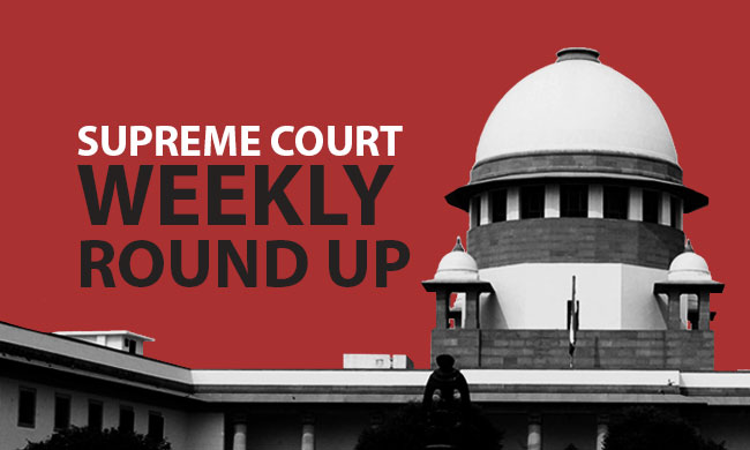- Home
- /
- Top Stories
- /
- Supreme Court Weekly Round Up
Supreme Court Weekly Round Up
Ashok Kini
18 March 2019 11:58 AM IST
NI Act- Once The Presumption Under Sec.139 Is Drawn, Complainant Need Not Prove Source Of Fund Till Accused Discharges His Burden [Rohitbhai Jivanlal Patel V. State of Gujarat] The Supreme Court held that once the court has drawn presumption of existence of legally enforceable debt as per Section 139 of the Negotiable Instruments Act, factors like source of funds are not relevant if...
Next Story



